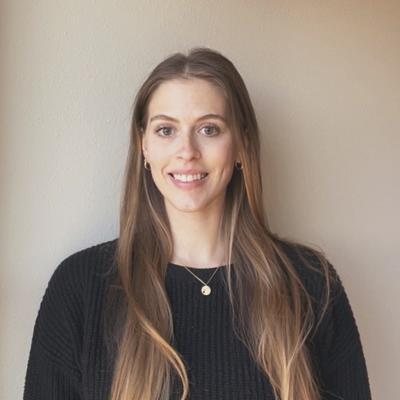Reflectance July 2021
View this in the original PDF format here.

Sunset at Gobabeb, Namibia
Quick Updates
- The North Central Regional Invasive Species and Climate Change (RISCC) network has officially kicked off as of early June. Run by Earth Lab Program Manager and researcher Chelsea Nagy, this network aims to connect land managers and researchers to better tackle the dual issues of invasive species mitigation and climate change adaptation. To learn more, visit the NC RISCC webpage or email chelsea.nagy@colorado.edu to join the listserv.
- Earth Lab researchers have begun collecting field data at the site of the Cold Springs fire. This data will be used to develop annual maps of vegetation type across the western US, looking at the role of compounding disturbances on forest recovery.
- An Earth Lab paper about increasing hazard exposure and U.S. development, headed by Virginia Iglesias, was published in the June edition of Earth's Future. Read a media piece about "Risky Development" here.

Sweating the Little Things: The Importance of Consistency and Documentation in Data Science
By Ally Fitts
Earth Lab's undergraduate interns learn career-focused earth data science skills while contributing to Earth Lab's science, analytics, and education projects. For more information about our internship program, click here.
Many students and scientists in the earth data science field struggle to find credible, reliable, and consistent data. The U.S. Geological Survey (USGS) and Earth Lab recognize this issue and have joined forces to improve the accessibility of hydrologic data. The USGS offers a vast amount of hydrological data, and as a result data scientists have produced multiple open-source packages to retrieve, plot, and analyze these data locally. It has become apparent that many of these packages overlap in purpose and tool functionality, and package developers are unknowingly reproducing each other’s work which is inefficient and confusing for users. The Science Analytics and Synthesis (SAS) organization at the USGS and Earth Lab are hoping to alleviate repetition between packages by improving documentation of packages and spreading awareness of the existence of these packages.
This summer, I am studying various open-source Python tools that are used to access and process the U.S. Geological Survey’s hydrologic data. The goal of my project is to make USGS data more accessible and easier to use for scientific and academic purposes. By analyzing multiple hydrologic datasets and tools, the project aims to identify gaps in documentation while assisting project developers in refining their tools. Additionally, I will be collaborating with the SAS team at the USGS to build a catalog of tools that use USGS datasets. My focus has been improving the documentation of a Python package used to interface with the USGS StreamStats API. In addition to updating the text file (README) that explains the project, I have created two tutorials highlighting the functionality of the package.
This position has allowed me to develop my Python coding skills. A key resource for completing my project has been the Earth Lab’s extensive library of materials to learn how to use data science tools, including workshops and tutorials. Over the past few months, I have learned the ins and outs of Jupyter Notebook, GitHub, and Atom. I am extremely grateful and proud to be working with such an amazing group of earth scientists and look forward to continuing my work this summer with Earth Lab and USGS.

Black Forest Fire by Colorado Springs, 2011
Integrating Media and Fire Science at Earth Lab
As the fire season lengthens and drought and extreme heat become more common, the likelihood of extreme fire events increases in the western U.S. Meanwhile, more people and homes are threatened by disaster. But even for those who have not lost homes or do not live in at-risk areas, the effects are impossible to ignore. Smoke has become more of a daily occurrence than a rare event, stretching across the country and traveling across oceans. As more people feel the impacts, they want to know more about this phenomenon.
For Earth Lab, increased attention to wildfire dynamics from the public is an exciting development and allows us opportunities to connect with our communities. Most often, this is done via interviews and articles written by traditional news media outlets. Before the recent 4th of July weekend, Director Jennifer Balch was interviewed by several media organizations, and urged people to not use fireworks in light of the unprecedented drought currently ravaging 89% of the West. Her work, and others’ in Earth Lab, has been featured over 160 times in media outlets over the last 5 years, with a marked increase after groundbreaking publications, and dramatic fire seasons.
In May, Earth Lab researchers attended the Wildfire in the Biosphere Innovation Lab, hosted by NSF. This event was designed for researchers to discuss the future of fire science and summarize research directions. Their main takeaways were that fire science must have a more holistic approach where basic research aligns with applied science and that conceptualizes fire as a socio-environmental phenomenon and integrates multiple disciplines and data sources. In-line with these findings, fire science and management should strive to be more interdisciplinary, integrated, and capable of adapting to our new fiery world. This includes actively reaching out to the media and spreading awareness of fire impacts and research.
Earth Lab is poised to be at the forefront of this fire science outreach effort and looks forward to new insights that our community members bring.




